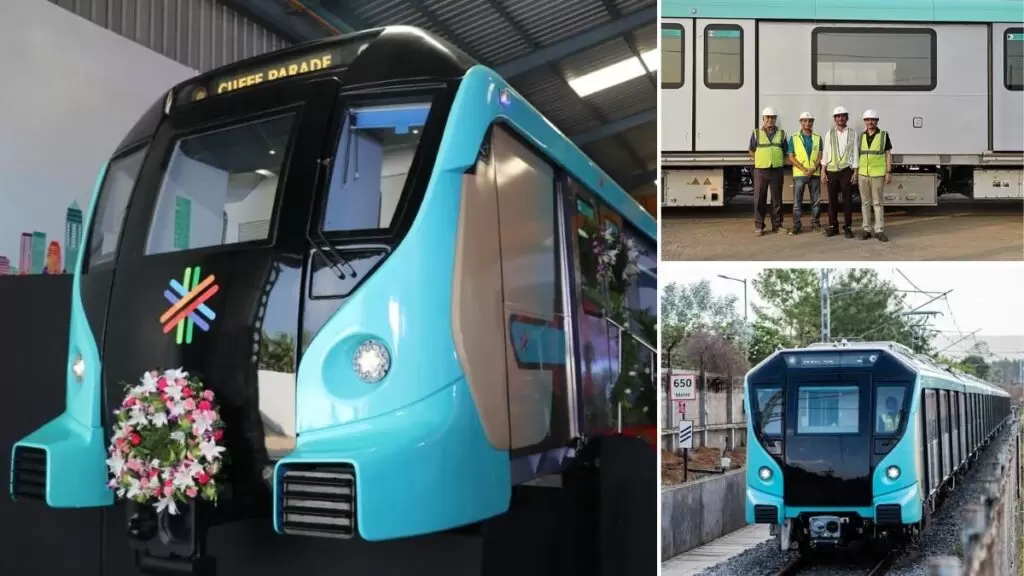Now Reading: Experts Stress Life Skills and Support Systems for Mental Well-Being in Assam
-
01
Experts Stress Life Skills and Support Systems for Mental Well-Being in Assam
Experts Stress Life Skills and Support Systems for Mental Well-Being in Assam

Mental health professionals in Assam are emphasizing the importance of early life skills education and robust support systems to address the growing mental health challenges, particularly among the youth. Experts highlight that integrating life skills training into educational curricula can significantly enhance emotional resilience, communication abilities, and stress management among students. This proactive approach aims to equip individuals with the necessary tools to navigate life’s challenges effectively.
The Role of Life Skills Education
Life skills education encompasses a range of competencies, including emotional awareness, decision-making, interpersonal communication, and coping strategies. Incorporating these skills into school programs can foster a supportive environment where students feel empowered to express themselves and seek help when needed. Such initiatives are particularly crucial in Tier-2 cities like Guwahati, where access to mental health resources may be limited.
Community and Family Support
Experts also stress the significance of a strong support system involving families, communities, and educational institutions. Creating an environment that encourages open discussions about mental health can reduce stigma and promote early intervention. Collaborative efforts among various sectors are essential to building a nurturing atmosphere conducive to mental well-being.
Challenges in Assam
Despite these efforts, Assam faces challenges such as a shortage of mental health professionals, which impacts the accessibility of care. Addressing these gaps requires concerted efforts from both governmental and non-governmental organizations to expand mental health services and support systems across the state.
Conclusion
The integration of life skills education and the establishment of strong support networks are pivotal in promoting mental well-being in Assam. By adopting a holistic approach that combines education, community involvement, and accessible mental health services, the state can foster a healthier, more resilient population.

























